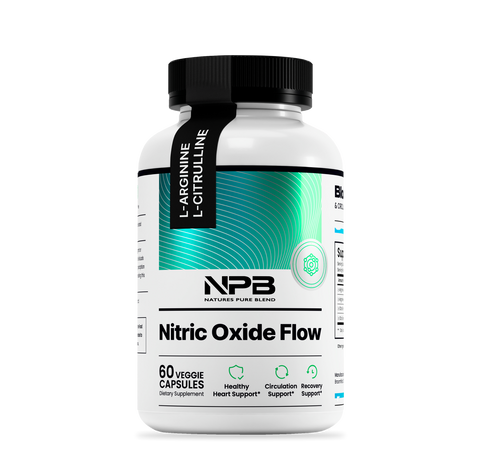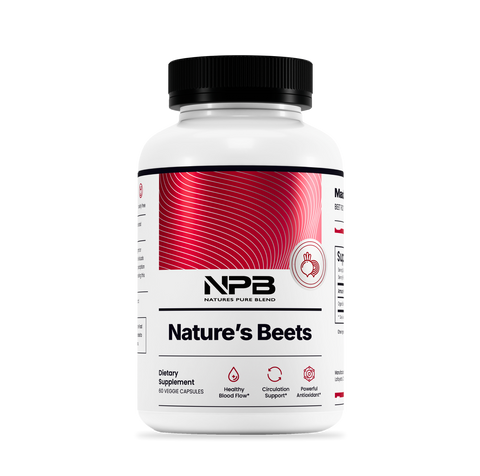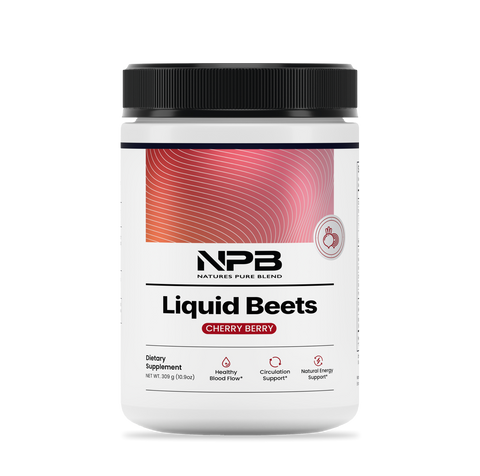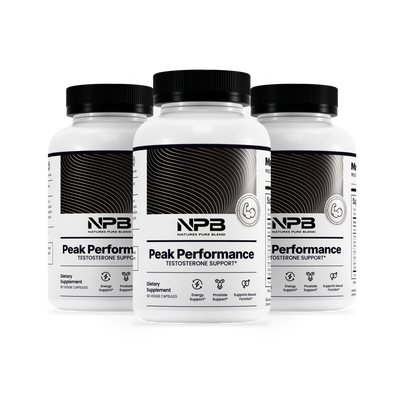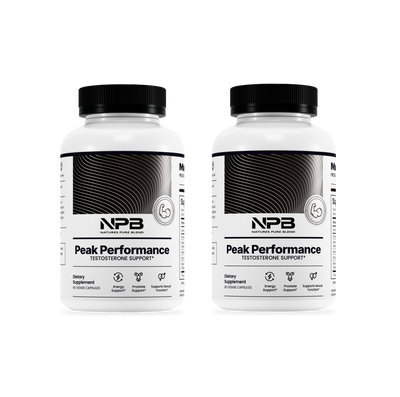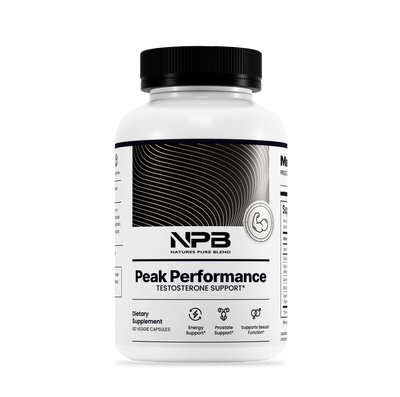Testosterone is a vital hormone for men's health, influencing everything from muscle mass and energy levels to mood and libido. While certain herbs are celebrated for their ability to support testosterone levels, others may have the opposite effect, leading to decreased hormone production. Understanding which herbs to avoid is crucial for maintaining optimal testosterone levels and overall health. Here’s a look at eight herbs that may negatively impact testosterone levels and why they should be approached with caution.
1. Spearmint
Spearmint is often used as a flavoring agent in foods and beverages, and it has been praised for its potential health benefits, including digestive support. However, some studies suggest that spearmint may lower testosterone levels, particularly in men. Research indicates that spearmint can reduce free testosterone levels, potentially affecting hormonal balance and male reproductive health. 1
2. Licorice Root
Licorice root, commonly used in traditional medicine for its soothing properties, has been linked to hormonal changes. Studies show that excessive consumption of licorice can lead to a significant decrease in testosterone levels. The active compound glycyrrhizin can inhibit the enzyme $11\beta$-hydroxysteroid dehydrogenase type 2, which can interfere with testosterone production and lead to hormonal imbalances. 2
3. Red Reishi (Ganoderma)
Red Reishi, also known as Ganoderma lucidum, is a popular medicinal mushroom renowned for its adaptogenic properties and potential health benefits. However, some research suggests that Red Reishi may lower testosterone levels, particularly with prolonged use. In a study exploring the anti-androgenic effects of 20 species of mushrooms, Red Reishi exhibited the strongest action in inhibiting testosterone, significantly reducing levels of $5$-alpha reductase, an enzyme that converts testosterone into the more potent dihydrotestosterone (DHT). While it may offer benefits for stress relief and immune support, men should be cautious about excessive consumption of Red Reishi if they aim to maintain healthy testosterone levels. 3
4. Lavender
Lavender is well-known for its calming and soothing properties, often used in aromatherapy and personal care products. However, some studies indicate that lavender oil may have anti-androgenic effects, potentially lowering testosterone levels in men. Research has suggested that regular exposure to lavender, particularly in high concentrations or through topical applications, can disrupt hormonal balance and reduce testosterone production. While lavender can be beneficial for relaxation and stress relief, men should be mindful of its use, especially in concentrated forms, to avoid potential impacts on testosterone levels. 4
5. Green Tea
Green tea is known for its numerous health benefits, including antioxidants and weight loss support. However, drinking too much green tea may lower testosterone levels. It contains epigallocatechins, which can inhibit $5$-alpha reductase, the enzyme that converts testosterone into dihydrotestosterone (DHT). While moderate consumption is generally safe and beneficial, excessive intake—especially from supplements—could negatively affect testosterone production. Men should enjoy green tea in moderation to maximize its benefits while being cautious about its impact on hormone levels. 5
6. Flaxseed
Flaxseed is often praised for its high omega-$3$ fatty acid content and potential health benefits, including heart health and digestive support. However, flaxseed is also rich in lignans, which can have estrogen-like effects in the body. Some studies suggest that high consumption of flaxseed may lead to a decrease in testosterone levels, particularly when consumed in excess. While flaxseed can be a healthy addition to the diet when consumed in moderation, men should be cautious about overindulging to avoid potential hormonal imbalances. Moderation is key to enjoying the benefits of flaxseed without negatively impacting testosterone levels. 6
7. Peppermint
Peppermint is widely used for its soothing properties and is often found in teas, candies, and essential oils. However, research has shown that peppermint may lower testosterone levels, particularly with regular consumption. In studies, peppermint has been linked to increased levels of follicle-stimulating hormone (FSH) and luteinizing hormone (LH), alongside a decrease in total testosterone. This hormonal disruption may be attributed to peppermint's active compounds, which can interfere with testosterone production. While peppermint can offer benefits for digestion and relaxation, men should be cautious about its use to avoid potential impacts on testosterone levels. 7
8. Chaste Tree (Vitex)
Chaste tree is often used to address hormonal imbalances, particularly in women, but it can also affect testosterone levels in men. Some studies indicate that chaste tree can inhibit testosterone production, leading to lower overall levels of the hormone. Men considering this herb should be cautious, especially if they are concerned about testosterone levels. 8
Conclusion
Maintaining healthy testosterone levels is essential for overall well-being, and understanding the potential effects of various herbs is crucial for making informed choices. While some herbs can support testosterone production, others can lower it and negatively impact health. If you're considering herbal supplements, it’s important to consult with a healthcare professional to ensure they align with your health goals. By being aware of these eight herbs, you can take proactive steps to support your hormonal health and overall vitality.
